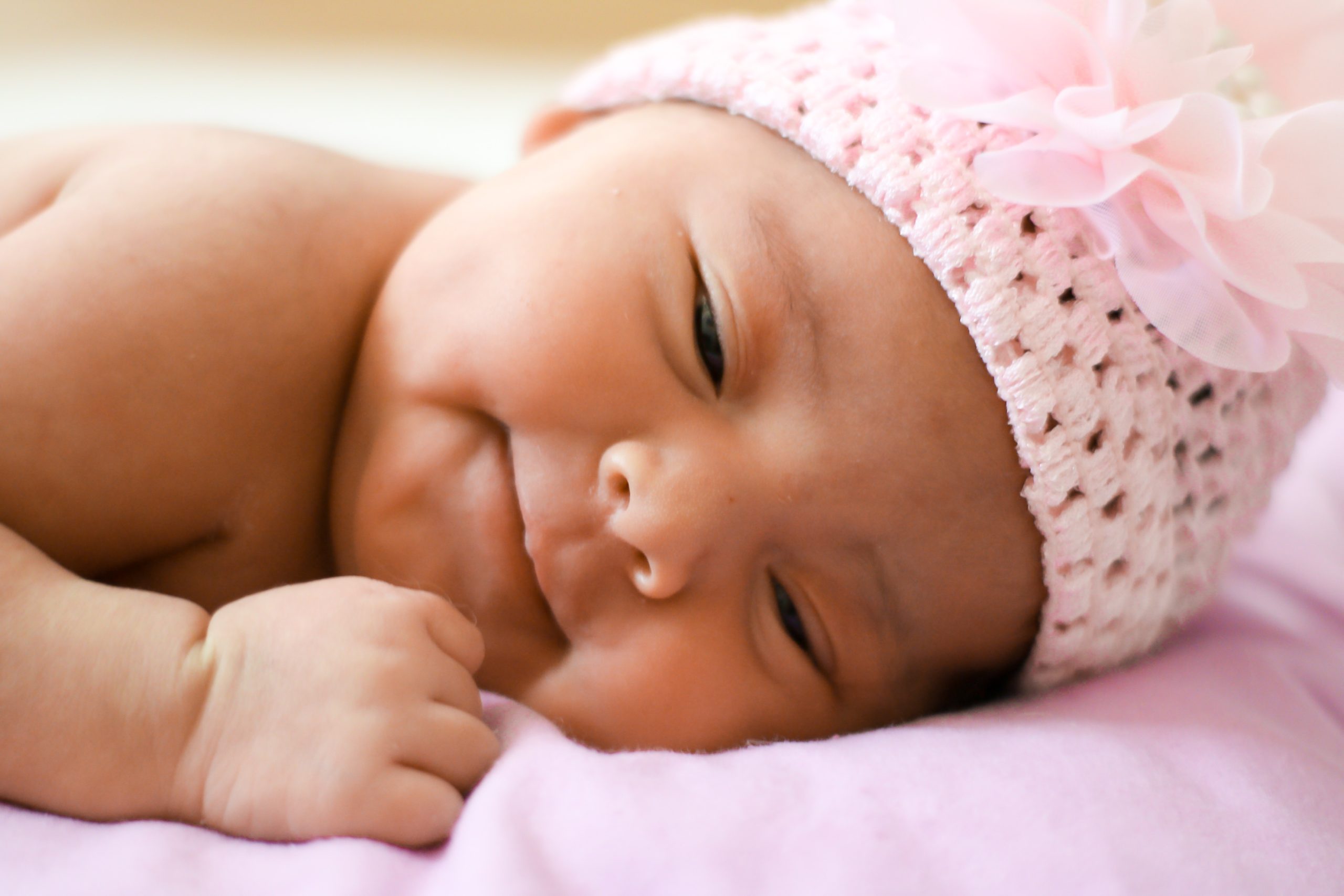
Up to 20 percent of babies and toddlers develop eczema, an itchy skin rash characterized by redness, dry or scaly patches, and small bumps. Most cases appear during the first year of life. While the rash comes and goes, it can cause substantial discomfort. Here are the steps a parent should take if his or her baby shows signs of eczema.
See a Dermatologist
Our dermatologists can confirm an eczema diagnosis and recommend the best line of treatment. In many cases, we will prescribe a low to medium-strength topical corticosteroid or steroid ointment.
Practice Gentle Skin Care
Daily baths and application of a moisturizer can often soothe the rash. When bathing, use lukewarm water and mild soap, since hot water and strong cleansers can increase irritation. After the bath, pat skin dry with a soft towel and apply an emollient or ointment while the skin is still damp to “lock in” moisture.
Choose the Right Clothes
Children with eczema fare best in loose, cool clothes made from natural fabrics like cotton. Garments that are too tight or scratchy can irritate the skin. Clothes and bedding should be washed in mild detergent and without fabric softener.
Care for Flares
When eczema rashes do flare up, cool compresses can often soothe the itching and burning. Cotton mittens or socks over the hands prevent babies from scratching the rash. Nails should be cut short to help curb scratching. Our dermatologists may prescribe a topical corticosteroid, calcineurin inhibitors or other topical prescriptions (moisturizers or Eucrisa). Also, an oral antihistamine may be prescribed if discomfort interferes with the child’s sleep.
Avoid Triggers
Babies who have eczema should be shielded from conditions that can cause a flare-up, such as exposure to cigarette smoke, dry skin, and rapid changes in temperature. Also, scented products will often aggravate eczema. In some cases, environmental or food allergies can lead to an eczema flare.
While pediatric eczema in infants can be distressing for parent and child alike, many cases resolve before the age of two, and most go away before adulthood.
